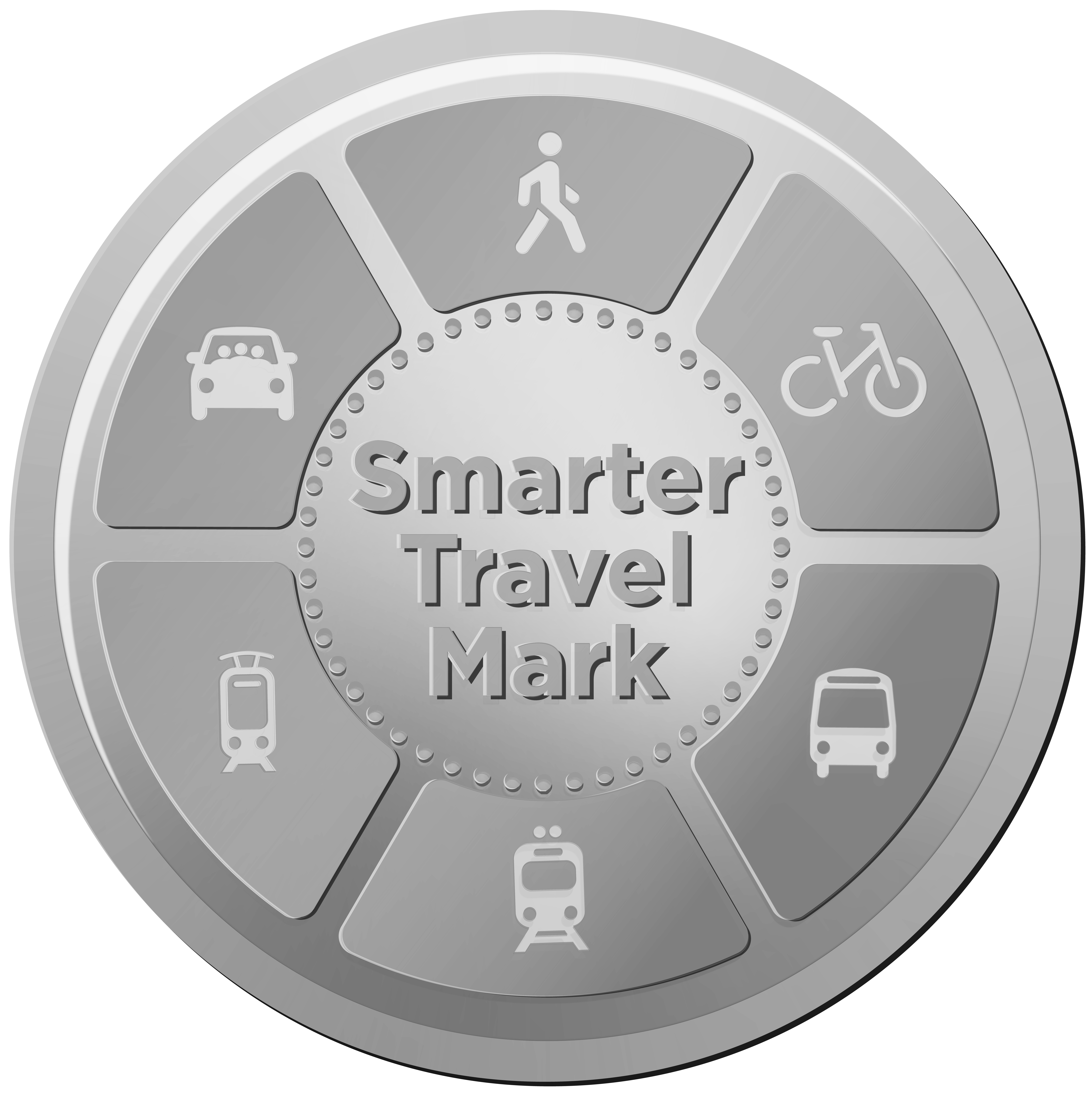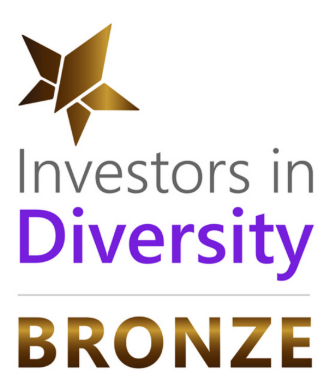Assessment of Learners and Learning – What you had to say
In 2018, QQI published a GreenPaper on Assessment of Learners and Learning to stimulate a debate aboutcurrent practice in assessment, how policy and practice in this area can be improved, and QQI’s role in these changes.
More than 70 responses were received from across the furthereducation and training, higher education and English language education sectors,the main themes of which are contained in a stakeholder feedback report writtenby Dr Joanne Banks of Trinity College Dublin.
Feedback emerged across a wide range of themes at a numberof different levels.
System Level
At a system-level, feedback highlights a strong appetite fordiscussion about the role of assessment in education and a need to vieweducation within the context of providing foundational knowledge, professionalskills and lifelong learning. Submissionsemphasised the need for QQI to provide clear and unambiguous guidelines forproviders in order to ensure consistency of standards of assessment acrossdifferent education settings. In some responses,this call for greater guidance was somewhat conflicted by arguments forinstitutional autonomy and local decision-making.
Provider Level
Contributions at this level focussed on topics such as inclusionand diversity in education in light of the increasingly diverse nature ofstudents and the need for assessment to reflect these changes. Highlighted was the need to broaden the currentunderstanding of diversity in the student population from international andmature students to include those who are socio-economically disadvantaged and thosewith disabilities and addition learning needs. Providers expressed the need for debate and clear guidelines on how trueinclusion can be achieved within the context of providing reasonableaccommodations for students and Universal Design for Learning principles.
Stakeholders also provided detailed contributions on the roleof learners as partners in assessment with mixed views on the feasibilityof this overall.
It was widely felt that clear guidelines on academic integrityand standards of achievement in assessment be made available for both staff andstudents.
Practice on the ground
Contributions in relation to the use of digitaltechnology in assessment revealed a lack of investment in this area and variablemethods of assessment across different providers. Challenges exist in ensuring the validity andauthentication of remote assessment.
Other challenges identified included an over-emphasis onassessing individual modules rather than the achievement of the programmelearning outcomes. Providers also provided suggestions on how to avoidover-assessment to the benefit of both staff and students. Finally, a focus on work-based learningcalled for a re-examination of how these assessments are viewed within our broaderunderstanding of education, clear guidelines for assessors and strengthened relationsbetween providers and industry.
This is only a sample of the feedback received. The report can be read in full here.
Individual contributions from stakeholders can be read here.


